I am a niggard!
I hope that does not shock you.
Some, close to me, are appalled.
I do have a scrap bin. For really worthless stuff. But hardly anything useable, or worth a penny goes into it. For fifty years, itís been a habit to put anything that might be discarded into an oddments box for sorting later. I suspect many of us are the same, simply reluctant to throw away anything we might use later. And bitter regrets for what we have given away and too late, realising we will have to go and buy it. Not just the expense. Or the time wasted. But the lack of foresight!
One old chap I used to help would take any nut and throw it into a box of other old nuts (there were several, and sometimes they had bolts or screws or anything in them). It was just the nearest.
I organised cabinets of screws, etc for one depot workshop. A few weeksí later, it appeared as if literally they had fallen and the contents scooped up randomly. Same again, after tediously re-sorting, a couple of monthsí more. There were even cigarette ends.
I do not like muddle and hate being unable to find what I want, eg pair of hinges. If I save lots, then lots has to be sorted. Then thereís space needed for whatís saved. Then reorganisation when one category becomes too large or too variegated, and all the boxes must be moved around to accommodate it.
Twelve years ago I realized the value of non-ferrous scrap when we moved warehouses and the sparkies left. From then, as well as wood and tools salvaged from skips, it went on to saving anything electrical, or plumbing, etc. The charity I work for, supplying furniture, has several shops and I have tried to promote the idea that instead of throwing unsold donations away, we could organise collections for their scrap value. With the exception of one manager, only the guys at the warehouse with me do this, despite banging on about it for more than a decade. Last week half a van load of IT equipment came in, so a lot of that Iíve dismantled.
But itís all getting out of hand. There are boxes within boxes, parts, smaller parts, sacks of flex (£1.30 per kilo), greasy copper, dry bright, zinc alloy, aly, pewter mugs(£10 a kilo) computer chips(do.) pcbs, stuff in the warehouse, stuff at home. More and more.
If I canít work at my bench or have to move boxes outside to get into the workshop, itís got to stop! Iíve had enough. Thereís far, far better things to do. Iíve set a deadline of two months, and by then all that stuff will go!
Ps the smilie I want should show a head being systematically banged.


 LinkBack URL
LinkBack URL About LinkBacks
About LinkBacks
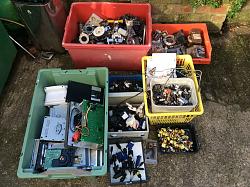


 Reply With Quote
Reply With Quote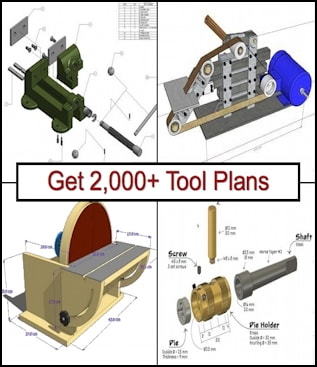


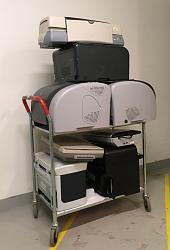
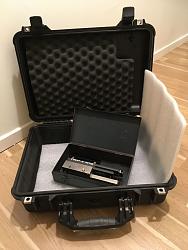

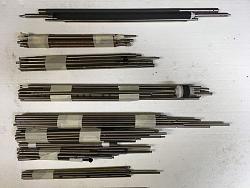
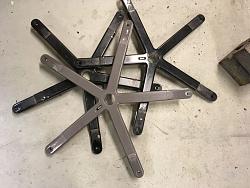
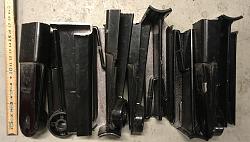


Bookmarks